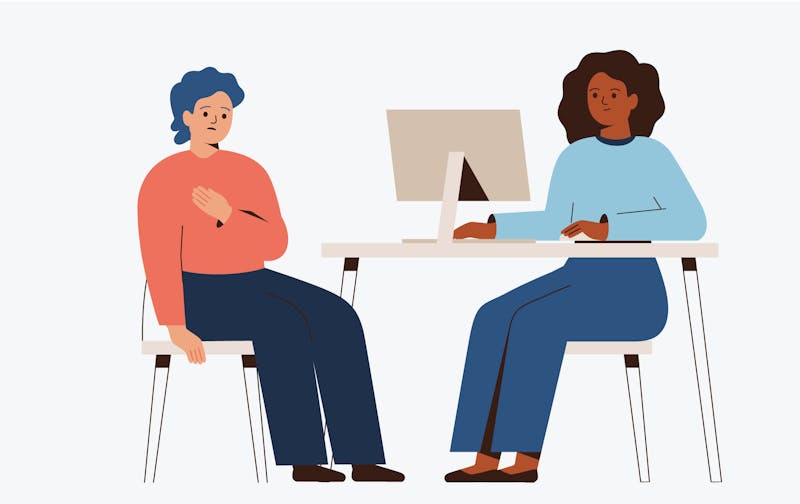After giving a statement
Now there is a wait of several months while police investigate the case. There is little you can do other than focus on building yourself back up after the trauma.
Psychological help for victims
If you want you can talk to a psychologist. A psychologist, appointed to you by the Landspítali trauma team, will call you. This is a psychologist that has specialised in dealing with sexual abuse. You do not have to pay for the sessions with the trauma team psychologist.
Phone call
The police will send a reference to Landspítali after you have given your statement. Within a week you will receive a call from the psychologist. The psychologist will discuss with you how you are coping after the trauma and its repercussions. Then they will invite you to come for a psychology session if you want.
Session
In the first session the psychologist will give you information on the natural response to trauma. You'll discuss useful ways to deal with the aftermath of the trauma that you have experienced. In order to assess your status, the psychologist will ask you to fill out a questionnaire.
How long is the therapy?
Processing the aftermath of sexual abuse is very individual. For some it is enough to get information and psychological support right after the incident. Others need formal therapy that can take longer. The service is always adapted to the needs of each individual. Please note that the Trauma Team only works through this trauma with you but does not take on other things you may be dealing with.
Confidentiality
According to law and their own code of conduct, psychologists are bound by confidentiality. That means the cannot give other information about you unless you have given them written consent.
If you turned the offer down but are ready now to accept the service
If you turned the services of the Trauma Team down right after you gave your statement but you have changed your mind you are welcome to contact them at neydarmottaka@landspitali.is and request their services.
Psychological support for perpetrators
Those that have been accused of commiting a sexual offence and been called to give a statement with the police can also get support. The psychologists at Taktu skrefið give support when needed. You do not have to pay for the first session. If you and your psychologist agree that more sessions are needed, they each cost 3.000 kr.
If you turned the offer down but are ready now to accept the service
If you turned the service of Taktu skrefið down right after you gave your statement but you have changed your mind you can contact them at taktuskrefid@taktuskrefid.is and request their services.
Confidentiality.
According to law and their own code of conduct, psychologists are bound by confidentiality.
Another interview
While the investigation is ongoing the police may call you in for another interview to shed light on something that has emerged during the investigation or ask you for some data. If so, the police will contact your legal rights protector who will assist you in answering.
